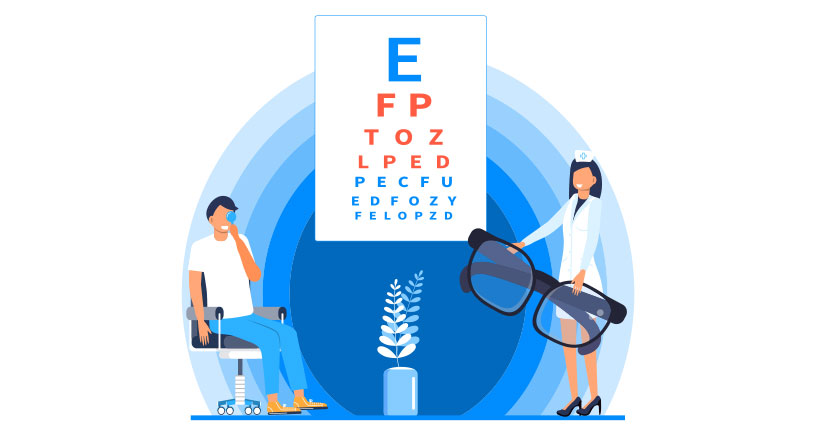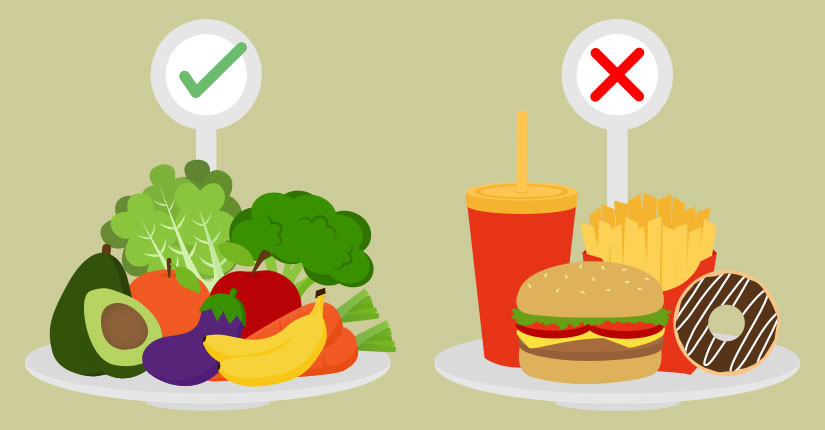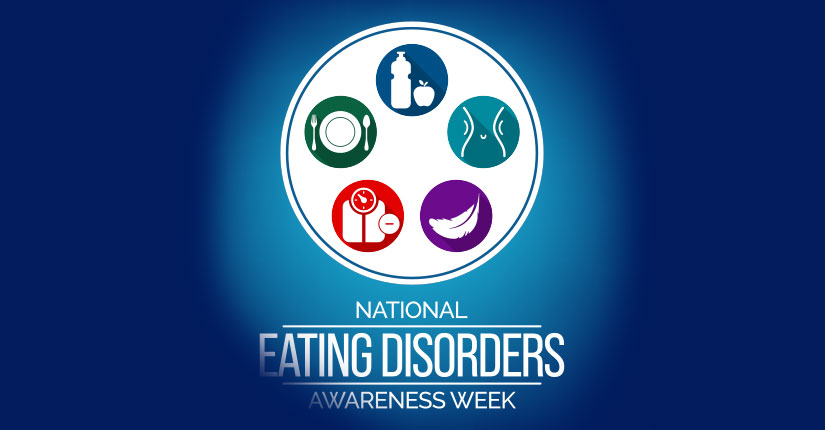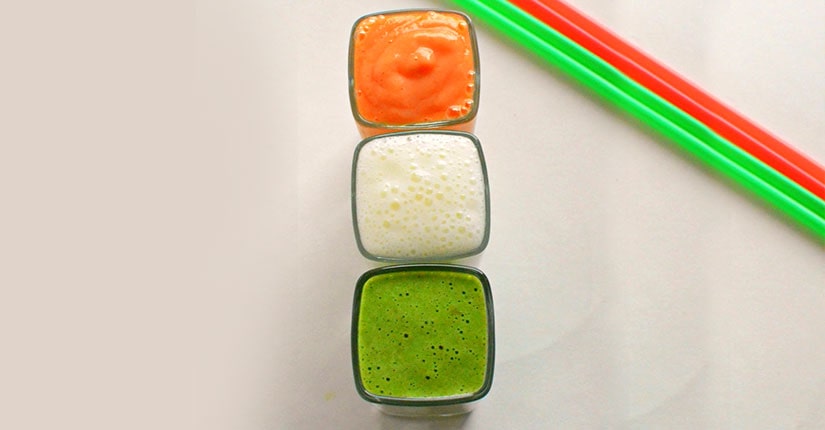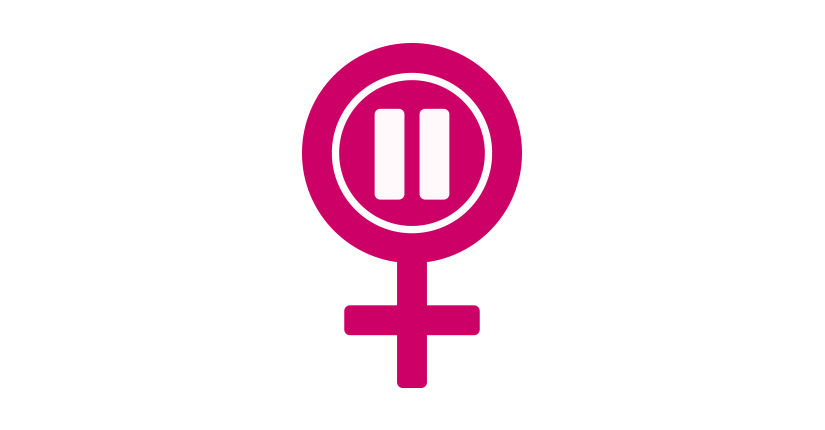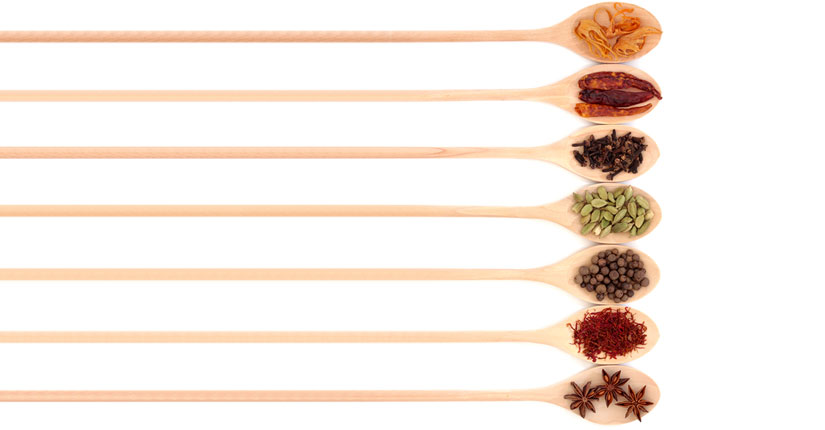4 Reasons why iodine is called the Goldilocks nutrient
By Nmami Agarwal 20-Jul 2023 Reading Time: 10 Mins

Iodine is one of the trace elements that is essential to the human body. despite its importance, it is often overlooked when it comes to nutritional health, it plays a critical role in thyroid function, which is responsible for a wide range of body processes. Without the right amount of iodine, the thyroid gland can become overactive or underactive, leading to health problems but like Goldilocks, too much iodine can be just as harmful as too little. Here we would dive deep into the importance of iodine, the dangers of iodine deficiency and excess, and how to get the right amount of iodine in your diet.
Iodine and its importance for human health
Iodine is a mineral that is essential for human health and is primarily found in the thyroid gland, where it is needed to produce thyroid hormones that regulate metabolism. However, iodine is not produced by the body, which means it must be obtained through the diet despite being an essential nutrient many people do not get enough iodine in their diet, which can lead to a range of health problems, including goiter, hypothyroidism and children might suffer form intellectual disabilities. The importance of iodine for human health cannot be overstated as it plays a key role in thyroid function, which affects almost every aspect of the body’s metabolism, from heart rate to body temperature to energy production. Pregnant and breastfeeding women are in dire need of iodine which is important for fetal and infant brain development.
The thyroid gland and metabolism
The thyroid gland is a small butterfly-shaped gland located at the base of the neck, this gland is responsible for producing hormones that regulate metabolism, which is the process by which the body converts food into energy. It controls how quickly the body uses energy, makes proteins, and regulates the body’s sensitivity to other hormones which are produced by the thyroid gland are called triiodothyronine (T3) and thyroxine (T4), and they play a crucial role in maintaining the body’s metabolic rate. When the thyroid gland isn’t functioning properly, it can lead to a variety of health problems, including weight gain or loss, fatigue, depression, and difficulty regulating body temperature. One of the most common thyroid disorders is hypothyroidism, which occurs when the thyroid gland doesn’t produce enough hormones this can result in slowing down the body’s metabolism, leading to weight gain, fatigue, and other symptoms.On the other hand, hyperthyroidism occurs when the thyroid gland produces too much hormone, causing the body’s metabolism to speed up. This can lead to weight loss, anxiety, and other symptoms. Without adequate iodine intake, the thyroid gland cannot produce enough hormones, leading to hypothyroidism.
Deficiency of iodine
Iodine is a crucial nutrient that our body needs to function properly. However, not getting enough iodine in your diet can lead to serious health problems. When your body is deficient in iodine, it cannot make enough thyroid hormone. This hormone plays a vital role in regulating your metabolism, which affects almost every system in your body. If you don’t get enough iodine, you may experience symptoms such as fatigue, weight gain, and feeling cold all the time. Children who are deficient in iodine may experience stunted growth and developmental delays and if a pregnant woman is deficient in iodine, it can also lead to serious complications, including miscarriage and stillbirth. In severe cases, iodine deficiency can lead to a condition called goiter, which is an enlargement of the thyroid gland and this can cause noticeable swelling in the neck and difficulty swallowing and breathing. It’s important to note that iodine deficiency is rare in developed countries, as most people get enough iodine from their diet or through fortified salt.
Surplus of iodine
While iodine is important for our health, having too much of it can lead to health problems. The recommended daily intake for adults is 150 micrograms per day, and consuming more than that could lead to iodine toxicity and this can cause symptoms such as a metallic taste in the mouth, stomach pain, vomiting, and diarrhea. In extreme cases, excessive iodine intake can lead to thyroid dysfunction, goiter (enlarged thyroid gland), and even thyroid cancer so it’s important to note that while iodine is an essential nutrient, more is not always better. Iodine supplements should only be taken under the guidance of a healthcare professional, and it’s important to be mindful of how much iodine is in your diet, especially if you consume a lot of seaweed or seafood.
Iodine supplementation
When it comes to iodine supplementation, it’s important to understand the options and considerations before making a decision and the most common option is iodized salt, which is widely available and affordable. However, if you’re trying to limit your sodium intake, iodized salt may not be the best choice for you. Another option is to take an iodine supplement, which is available in both tablet and liquid form. It’s important to choose a supplement that provides the appropriate dosage for your needs, as both too little and too much iodine can have negative effects on your health. It’s also important to choose a reputable brand and to talk to your healthcare provider before starting any new supplement regimen. If you prefer to get your iodine from natural sources, there are several foods that are good sources of this essential nutrient. Seafood, especially seaweed and fish, are excellent sources of iodine. Other options include dairy products, eggs, and some fruits and vegetables that are grown in iodine-rich soil. Ultimately, the best option for you will depend on your individual needs and preferences.
Conclusion
In conclusion, iodine is truly a goldilocks nutrient that is essential for optimal health and balance in the human body. From regulating thyroid hormones to supporting cognitive function, iodine plays a vital role in many bodily functions that are necessary for a healthy and productive life. It’s important to note that while iodine deficiency is a serious concern in many parts of the world, excessive iodine intake can also have negative health consequences. As with all nutrients, balance is key. Overall, incorporating iodine into your daily diet and ensuring optimal levels of this essential nutrient is a simple yet crucial step towards achieving and maintaining optimal health and well-being.

